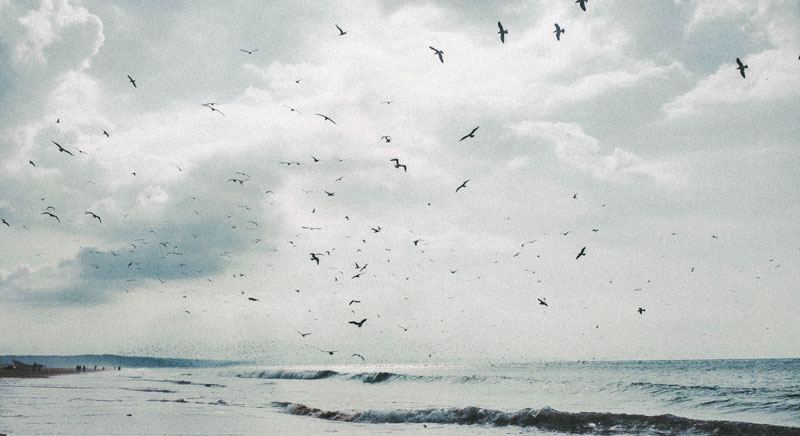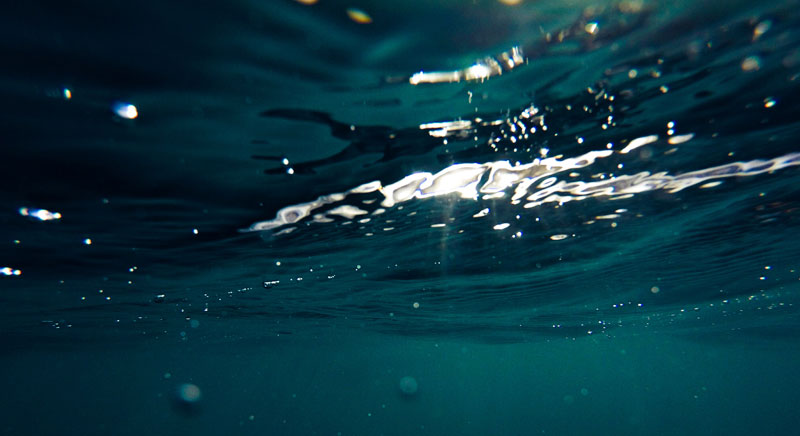The Ocean Literacy Principles Series
For the next four weeks we are discussing the concept of Ocean Literacy. In a series of premises defined by educators as fundamental to our understanding of ocean systems is the following:
The ocean made the Earth habitable
To frame the discussion, let’s accept these premises:
The ocean is the cradle of life; the earliest evidence of life is found in the ocean. The millions of different species of organisms on Earth today are related by descent from common ancestors that evolved in the ocean and continue to evolve today.
Most of the oxygen in the atmosphere originally came from the activities of photosynthetic organisms in the ocean. This accumulation of oxygen in Earth’s atmosphere was necessary for life to develop and be sustained on land.
The ocean provided and continues to provide water, oxygen, and nutrients, and moderates the climate needed for life to exist on Earth.

These are sweeping assertions that nonetheless confirm the basic conclusions of natural and ocean science over time. But within each, there are key elements that might be emphasized here.
First, consider the scale of life, its extreme complication of diversity and change through the historical record that extends backwards to theories of the creation of our planet and the events, large and small, that have accelerated, impeded, and expanded the inventory of life. What is most humbling is to realize that, while that number is vast, perhaps an equal number or more remain to be discovered in the vast incubator of today’s ocean. The implication of this past and future catalogue is as mysterious and challenging looking forward as it is looking back. Can we ever completely understand the matter and meaning of ocean life? Can we ever avoid the contradiction or extinction of any one species that might matter and mean the most for our future? The humbling reality of this vast and fluid compendium of what is both known and unknown must give us pause, must give us guidance, must give us direction that will accrue to the benefit of all mankind.
Second, consider the ocean as an universal operating system that provides air, water, food, energy, and nurturing conditions for all life, most specifically our own as individuals and social organizations. Consider also the incontrovertible impact on our health, security, and psychological and geo-political stability. Our engagement is total. As with modern tools, machines and computers, we are vulnerable to any single disconnection, any glitch in the system, any break that interrupts or shuts down the process, that leaves us swimming in a different sea of uncertainty, disruption, and fear. To knowingly or accidentally produce such a condition is simply unacceptable.

Third, the assumption that the ocean will continue always to provide is dangerous, and self-defeating. That we would ignore existing or measurable consequence of inadequate or degrading outcomes is more than hubris; some idea that we know more than there is to know. That, ironically, transcends ignorance. If literacy is functional communication of knowledge, then to perversely pursue an uniformed path away from what the ocean provides is anti-social and fundamentally illiterate.
We must transform and apply our understanding of the ocean to solutions. What are the best practices now in use? What are the new ideas that we must dare to explore? What are the tools of invention by which to focus our energies and resources? What are the values, structures, and behaviors that must be changed to nurture and sustain what is a universal, inexorable system for the sustenance of all forms of life? The ocean is what makes our world, our land, our homes, our communities, and our selves habitable. We have neither reason nor right to compromise that, to poison that, or to limit that affirming aspect. We have every reason to study, analyze, and know the ocean, and in turn we are compelled to conserve, sustain and celebrate that vital gift.
- - -


